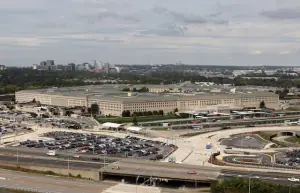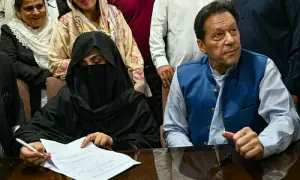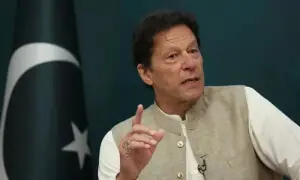'Piyar kay Sadqay' and damaging stereotypes it is propagating
2 min readAs much as I have enjoyed Mahjabeen and Abdullah's character in the early episodes of Piyar Ke Sadqay, I don't like how the story is progressing. What could have been a progressive comedy-drama has been turned into yet another tragic and damaging love-triangle.
When Piyar ke Sadqay started airing, I liked the story, loved Mahjabeen's character and dysfunctional home environment in which Abdullah grew up. My hopes for the story were for Mahjabeen to play a strong protagonist who'd alter the dynamics of Mansoora's home. However, as the story progressed, the ever so bubbly Mahjabeen turned into sad, tragic-to-look at women we so often see on our TV screens. She, who could have been a strong yet innocent heroine, was reduced to be just a victim of Sarwar's evil plans.
The evolution of Mahjabeen isn't the only disappointing thing about the drama, the love-triangle, between Mahjabeen, Abdullah and Shanzey, is problematic to its core. The plot entails the concept of both, rivalrous and split-object triangle, where two rivals (Shanzey and Mahjabeen) are fighting for Abdullah's love and Abdullah's split attention between the two girls.
While the idea of love-triangle isn't new to literature or drama, yet it doesn't make it less problematic especially when we take Abdullah's personality, his troubling history with Shanzey, his married status, and class dynamics in the context. These power dynamics, the portrayal of class difference and Mahjabeen's constant insistence to seek approval of the society by making her marriage successful, despite the fact that his husband is spending his evenings with the other woman are all sending out very damaging signals to an already deeply patriarchal society, where women are forced to keep their marriage intact - despite constant mental and physical abuse they receive at the hands of their in-laws and husbands.
MahJabeen's lower-middle-class family could have been a savior for this otherwise problematic drama, but despite being so affectionate and understanding, why would they insist on SAVING the marriage of their daughter at the cost of her mental well-being.
Why would failing to save a problematic marriage mean that Mahjabeen is a failure overall?
The initial thrill of seeing a different lead and plot has died for me, this drama has nothing more to offer but a damaging narrative while reinforcing misogynistic and troubled norms in Pakistani society. For me, there is a "Failure written with bold letters" on this drama and brilliant acting by Yumna Zaidi and Bilal Abbas can't save it anymore.



























Comments are closed on this story.